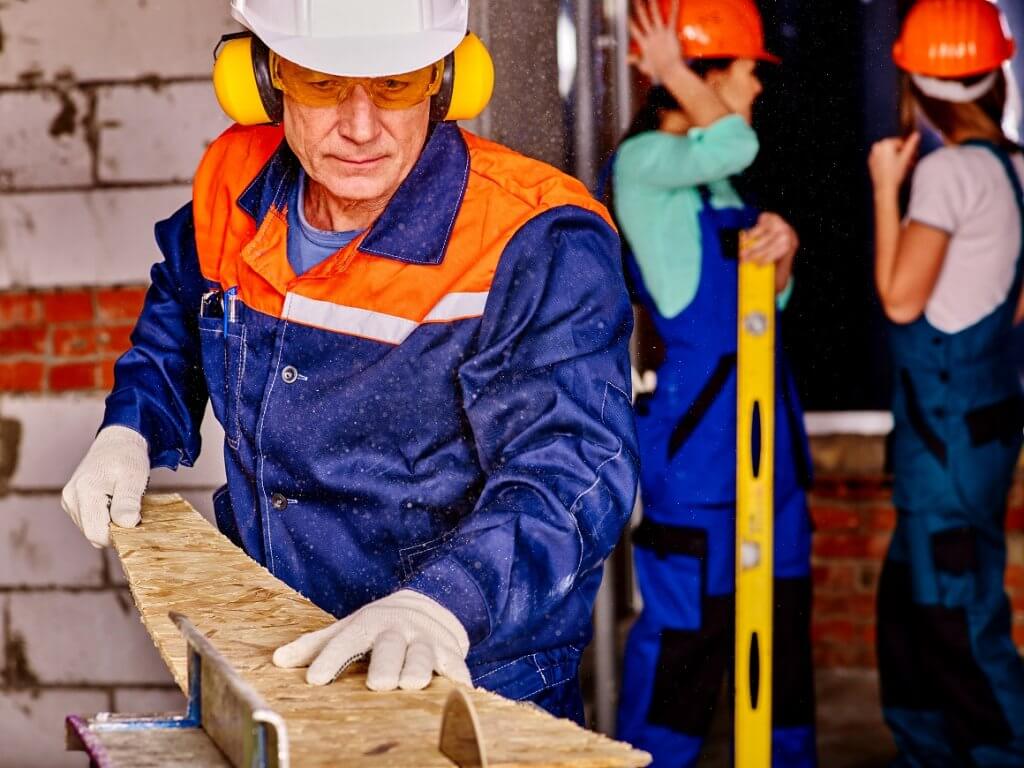Hearing care advice is all too easy to overlook in our busy, information-packed lives. And often, if you do develop an issue with your hearing, you won’t notice it until it’s too late.
Whether you work in noisy environments, spend your time listening to loud music, or unleash the full force of your home cinema system in the evening, you could be unknowingly affecting your hearing. Recent figures suggest hearing loss affects around 700 million people worldwide. And it’s not a problem that’s going away any time soon.
That’s why hearing care is so critical. With the right hearing protection in place, you can ensure minimal disruption to your work and home life, while benefitting from the peace of mind that your aural health is safe.
How loud is too loud?
Let’s start by putting things in perspective. Volume is measured in decibels, with silence at zero decibels and normal conversation anywhere from 40-60 decibels, while 85 decibels is the level of noise generated by heavy traffic on a motorway. At the more extreme end of the spectrum, a pneumatic drill will spill out 100 decibels, with a jet engine producing an enormous 150 decibels.
It’s those 85-decibel-and-above levels you need to focus on – this is where hearing damage can occur. Continued exposure to noises in excess of 85 decibels can result in conditions such as tinnitus and other common complaints, like high-frequency hearing loss. These conditions are widespread: over 50% of musicians experience some degree of hearing loss due to loud music.
Why do loud noises cause hearing loss?
Sound signals are transmitted to our brain by tiny hair cells in our ears. Loud noise causes damage to these cells, which results in deteriorating hearing quality. Once these cells have been damaged, they cannot regenerate, so hearing loss is irreversible.
At The Hearing Care Partnership, we believe that prevention is better than cure. That’s why we’ve outlined the simple steps below to help protect your ears from noise-induced hearing loss.
Your 5-step hearing protection plan
- Let’s start with the easiest one: turn the volume down on your TV, radio or iPhone. That’s going to shield your ears immediately, especially if you use headphones.
- If you work in a loud environment, or regularly go to gigs, noise-cancelling headphones and earplugs can offer basic protection against hearing damage.
- For more advanced protection, high-fidelity earplugs like Elacin’s ER20-S will dampen sound and reduce it to a safer level. They’re also more comfortable than foam earplugs.
- Custom-fit hearing protection may be necessary if you’re a musician, or if you’re into sports like shooting, car racing or water sports. For musicians, custom-moulded earplugs can lower listening volumes while maintaining the clarity of the music.
- Finally, book in a regular hearing test. As we mentioned earlier, it’s easier and more effective to address hearing loss if the diagnosis is made sooner rather than later.
Find out more
If you have any hearing protection questions, just pop into your local branch of The Hearing Care Partnership. Or, if you’d like to book an appointment, call us on 0800 52 00 546 or book online.

